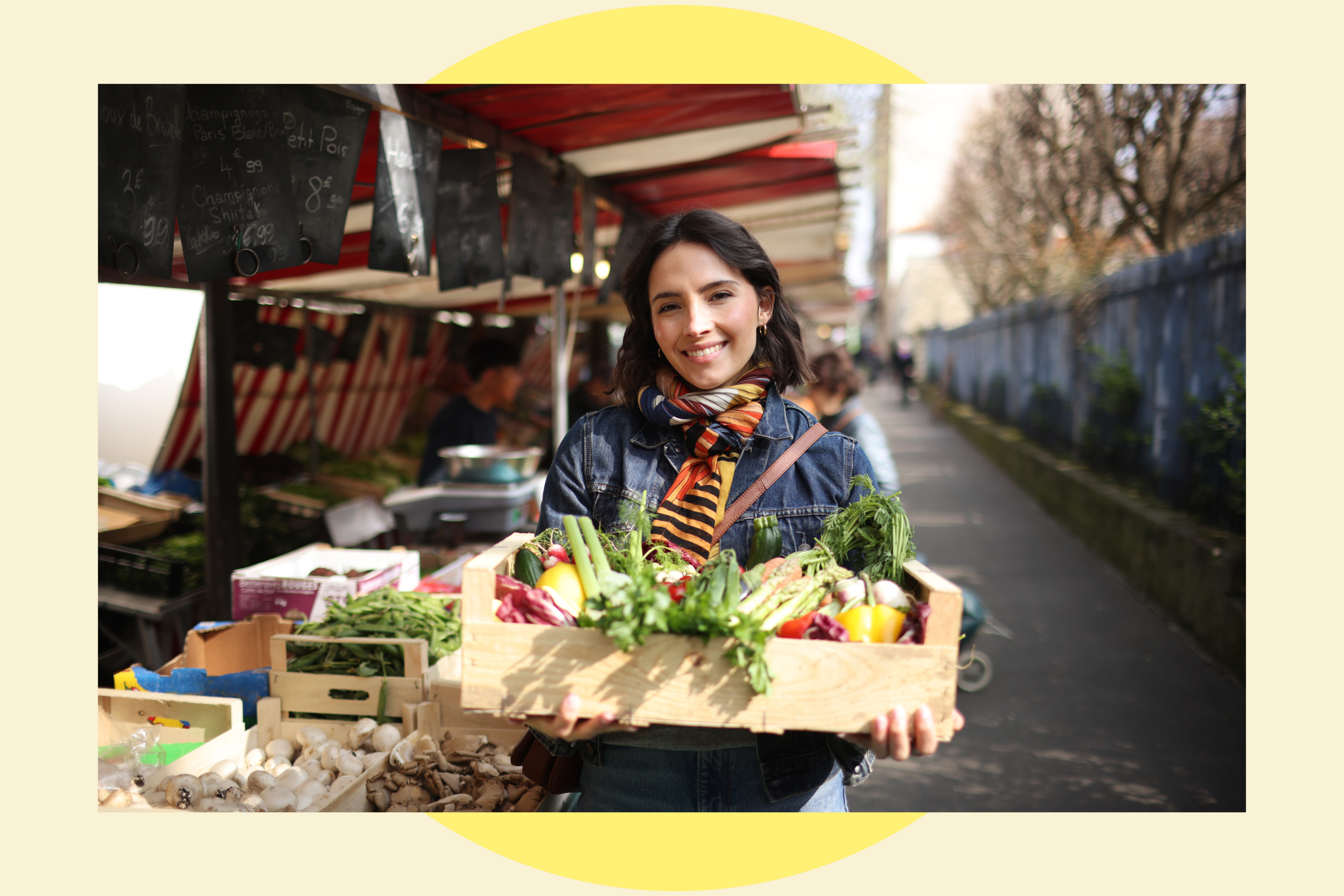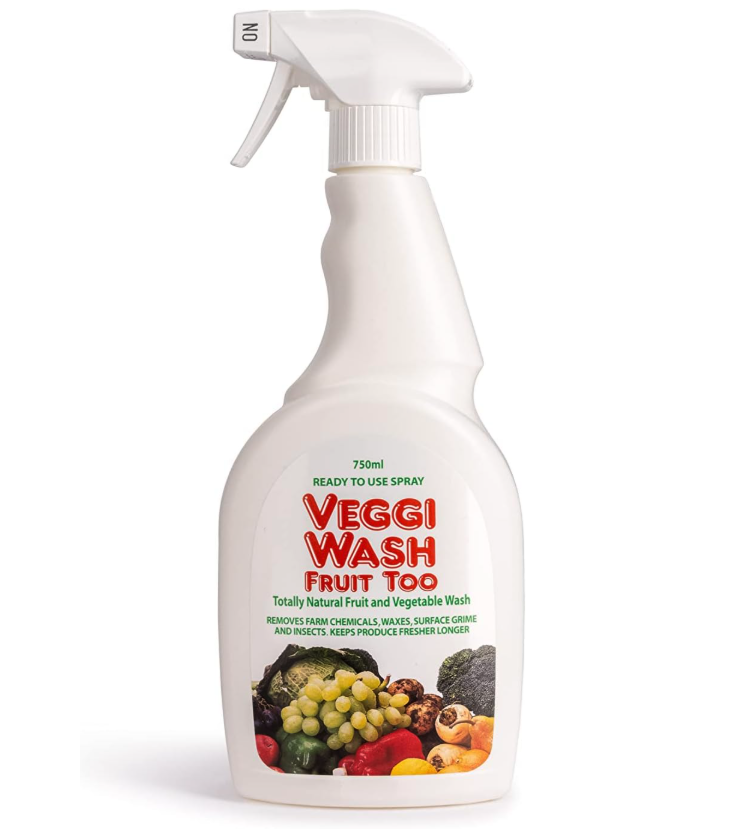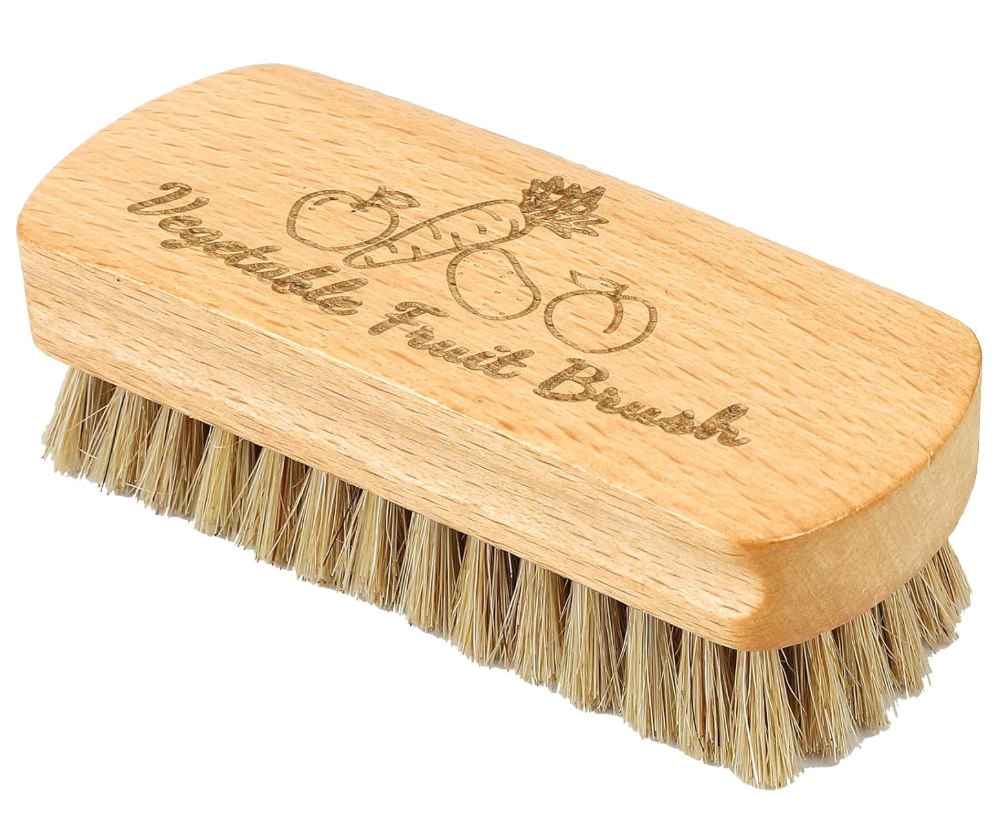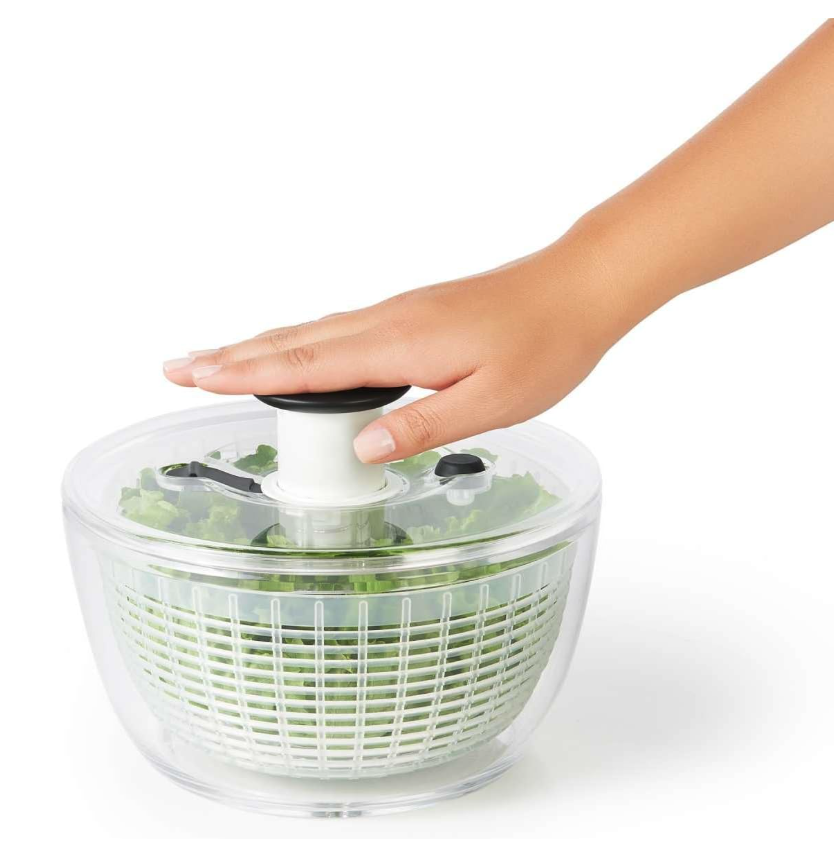Which foods should you buy organic? The Dirty Dozen and Clean Fifteen explained
If the food budget is tight, here's what to buy organic and what's less important


Sign up to our free daily email for the latest royal and entertainment news, interesting opinion, expert advice on styling and beauty trends, and no-nonsense guides to the health and wellness questions you want answered.
You are now subscribed
Your newsletter sign-up was successful
Want to add more newsletters?

Daily (Mon-Sun)
woman&home Daily
Get all the latest beauty, fashion, home, health and wellbeing advice and trends, plus all the latest celebrity news and more.

Monthly
woman&home Royal Report
Get all the latest news from the Palace, including in-depth analysis, the best in royal fashion, and upcoming events from our royal experts.

Monthly
woman&home Book Club
Foster your love of reading with our all-new online book club, filled with editor picks, author insights and much more.

Monthly
woman&home Cosmic Report
Astrologer Kirsty Gallagher explores key astrological transits and themes, meditations, practices and crystals to help navigate the weeks ahead.
If you're unfamiliar with the Dirty Dozen and the Clean Fifteen, these are terms coined to help consumers know which organic foods tend to carry the most pesticides and which are less contaminated.
PAN UK’s Dirty Dozen is a British list highlighting the produce most likely to carry multiple residues, while the Clean Fifteen - compiled by Environmental Working Group (EWG) and based on USDA-data - gives an idea of which foods are least affected.
Perhaps unsurprisingly, the produce on this latter list has thinner skin, edible peels, or no natural protective coating, which makes it easier for pesticides to penetrate. However, this isn’t always the case – past lists have included grapefruit, oranges, dried fruit, and spices.
"Certain organic produce tends to have high pesticide residues from conventional farming. This includes fruits such as apples, peaches, cherries, pears, and strawberries and vegetables such as spinach and kale, tomatoe,s and potatoes,” confirms registered dietician and nutritionist Reema Pillai.
If you're watching the pennies, organic frozen fruit and vegetables is often cheaper. And it's just as nutritious as fresh, if not more so, says Reema.
In addition, when we buy organic meat and animal by-products we can expect those animals to have experienced better lives. "If you're able to buy organic dairy products such as milk and yoghurts, these are often better for animal welfare," says Reema. "For fresh eggs, if the budget doesn't stretch to organic, ensure they are at least free range and not caged.” One simple way to eat organic meat within budget is to eat meat only occasionally.
The Dirty Dozen
Each year, PAN UK compiles the ‘Dirty Dozen’ list for consumers. This contains food that, when sampled, had the highest amount of pesticide residues.
Here's a list of produce, and the percentage of samples that contained multiple pesticide residues. The 2024 list is based 2022 data, which is the most recent.
Sign up to our free daily email for the latest royal and entertainment news, interesting opinion, expert advice on styling and beauty trends, and no-nonsense guides to the health and wellness questions you want answered.
If you would like to go a step further, prioritise other fruit, veg and herbs with edible skins – such as celery, peppers, potatoes and coriander – as well as milk and meat, as the organic options will be free of antibiotics and growth hormones.
- Peaches/nectarines (85%)
- Grapes (84%)
- Strawberries (83%)
- Cherries (81%)
- Spinach (73%)
- Apples (72%)
- Sprouts (50%)
- Cucumber (47%)
- Tomatoes (46%)
- Apricots (43%)
- Lettuce (39%)
- Bean pods (38%)
The Clean Fifteen
What the Clean Fifteen offers is a helpful list of fruit and veg that you don't necessarily need to buy organic (from a health perspective). The majority – though not all – of Clean Fifteen produce has hard or non-edible skin or husks, which can be removed before cooking or eating.
- Pineapples
- Sweetcorn (fresh and frozen)
- Avocados
- Papaya
- Onions
- Frozen peas
- Asparagus
- Cabbage
- Watermelon
- Cauliflower
- Bananas
- Mangoes
- Carrots
- Mushrooms
- Kiwi fruit
Does washing non-organic food remove pesticides?
Yes, washing non-organic foods can help reduce pesticides to a certain extent. Veggie Wash & Fruit-Too (featured below) is a great addition to your kitchen, but you can also use food-grade bicarbonate of soda (also known as sodium bicarbonate or baking soda), as shown in the Instagram video.
A 2017 study published in the Journal of Agricultural and Food Chemistry found that pesticide residues on apples were most effectively removed by sodium bicarbonate solution when compared to tap water.
The findings echo guidance from Harvard Health Publishing and the USDA, which both advise that washing fruit and vegetables under running water - or briefly soaking in a baking-soda solution - can significantly reduce surface residues.
For firm produce like carrots or potatoes, a gentle scrub with a vegetable brush helps lift dirt and any remaining film.
A post shared by The Sprouting Homestead | Alberta Homesteader (@thesproutinghomestead)
A photo posted by on
Recommended products
It may not always be practical or affordable to buy everything organic, but that shouldn’t prevent you from enjoying a rich and varied diet. The key is to include as many fruits and vegetables as possible. Washing produce well, peeling when necessary, and storing food safely all help minimise exposure to pesticides.
By staying aware of the Dirty Dozen and Clean Fifteen lists - and choosing organic when it's possible and matters most - you can feel confident about making decisions that suit both your budget and your health.
Debra Waters is an experienced online editor and lifestyle writer with a focus on health, wellbeing, food and parenting. Currently, she writes for Woman&Home, NOON, and Psychology Now. Previously, Debra was digital food editor at delicious magazine and MSN. She’s written for Everyday Health, Great British Chefs, loveFOOD, M&S Food, Time Out, The Big Issue, The Telegraph, What to Expect, Woman and Woman’s Own. Debra is also an essayist and short story writer.
You must confirm your public display name before commenting
Please logout and then login again, you will then be prompted to enter your display name.



